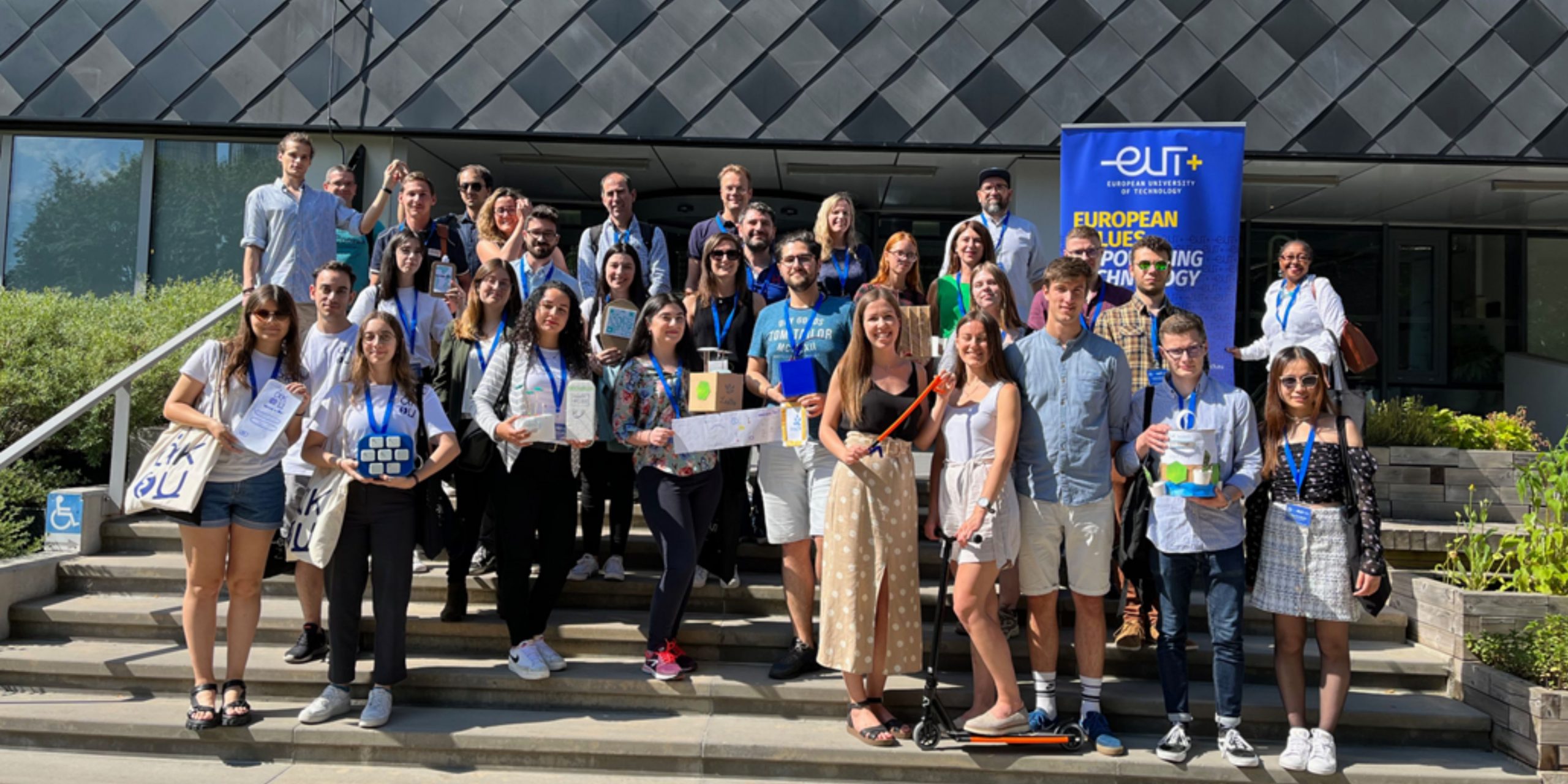Through this project, over 1950 students and staff have received training and support, as well as 18 start-ups in 8 different countries.
I will start a little unorthodoxly. My wife and I try to read our children a book every night. One of them recounts the journey of millions of seeds carried by strong winds hundreds of miles away, but very few manage to grow into large trees that provide shade, fruit, and other resources to humanity and their local ecosystem. But more importantly, they in turn provide even more seeds to begin their own journey. As the story unfolds, children are thrilled by the image of the beastly tree, which has managed to escape various natural and man-made hazards and manage to grow. One of the times we read the book, at one point I wondered about the low efficiency of this process. After 3.8 billion years of evolution, how come nature hasn’t optimized this process? Why create so many seeds when only a very small minority will hatch and become trees?
These thoughts came to my mind as I participated , as Innovate European University of Technology (Inno-Eut+) Project Coordinator, in the last workshop on the Inno-EUt+ Innovation Vision Action Plan (IVAP) organised by the European Institute of Technology (EIT EIT Initiative) to promote innovation and entrepreneurship in universities.
Cooperation for Innovation and Entrepreneurship through the European University of Technology
Innovate European University of Technology, is an ambitious project that aims to bring together forces and resources from the 6 universities participating in the European University of Technology Alliance -EUt+ (one of them is CUT+), and together with non-academic organisations, to create structures and conditions for innovation and entrepreneurship to contribute to the creation and growth of our regional societies and the European economy. Through the project we have co-created educational programmes and support structures for innovation and entrepreneurship for students at all levels of study as well as for the staff of our universities (academic and administrative). As a result, in less than two years, over 1950 students and staff as well as 18 start-ups in 7 different countries have received training and support.
The problem we had to face across the consortium, with due regard to the proportions between large and small countries or regions, was that all partners operated sporadic and isolated innovation and/or entrepreneurship programmes but these were limited to a few graduate students and researchers. Universities were creating and maintaining patents, with few resulting in commercialisation. And all together they have several undergraduate programs in traditional fields that went to market with a smaller number going on to graduate research and innovation.
Education, Creativity and Change
Our work therefore focused on where we have the main mass of the university community. In addition to academics and postgraduate researchers, we entered the ranks of undergraduate students, in different years (1st to 4th year) and in different disciplines. Through problem-based learning to address specific climate change challenges that were relevant to their industry, we gave them the opportunity to create products or services that responded through their solutions to the challenges they faced such as waste reduction, circular economy, carbonization of shipping, sustainable agriculture and so on. We brought students not only to the helm of their own education, but also to be able to see through their own creativity how a business idea of their own could bring about a positive impact on society and the environment. In addition, we trained the academic staff to be able to continue this initiative after the project is over and also to think about how to redesign their courses to increase active classroom participation and attract funding for their research interests.
The same with the managers. By participating in the various training programmes either “Climate Entrepreneurship”, “Dirty Prototyping”, “Change Agents” and/or “Design for Universal Learning”, they had the opportunity to rethink internal processes and redesign them to mitigate problems faced by the organisation and feel part of the solution. Above all, the project created an international multi-cultural and multi-sectoral community of individuals that brought the people of the European University of Technology closer together to lay the foundations for a better future for local communities and Europe.
Planting Seeds of Innovation: Cultivating a Bright Future
As I listen to the latest talks at the workshop on the importance of continuing the Innovation Vision Action Plan after the project has ended, I think about how much we have achieved in 2 years with our partners, being in the top 3 projects out of 48 with the highest number of people trained and supported. And it is here that I am reminded of the book of the seeds and the tree. With the help of the European Union and the EIT we managed to plant so many seeds! We have created structures within universities to continue to plant seeds across the width and breadth of the alliance. To increase the likelihood that some of them will succeed. And hopefully, at some point in the future, some of those seeds will grow into large trees with fruit that will provide shade and oxygen to our communities.
(*) Dr. Stelios Yiatros is Associate Professor at the Cyprus University of Technology and Coordinator of the Innovate European University of Technology (Inno-Eut+) project.
The project is supported by EIT Climate-KIC and received funding from the European Union through the EIT HEI Initiative.
Source: Cyprus University of Technology I News (https://shorturl.at/jpJNX)
